It was two years ago today that militants stormed the dormitory of a government boarding school for girls in Chibok, Nigeria. Nearly 300 girls, most still wearing their pajamas, were herded at gunpoint into waiting trucks. Some were able to escape before the militants reached their redoubt in the trackless Sambisa forest of northern Nigeria, but 219 young women are still missing.
At the time the kidnapping was so repugnant that it launched a worldwide hashtag campaign, #bringbackourgirls, and brought the relatively unknown Islamist group Boko Haram global notoriety. These days kidnapping is one of the group’s basic modus operandi, with several thousand men and women having gone missing in the past two years. The group doesn’t stop there—many of their kidnap victims, especially women and children, appear to have been abducted for the sole purpose of being used as suicide bombers, either unknowingly, through the use of remote detonators, or through indoctrination, according to a recent analysis by Unicef.
Though reports surfaced from time to time that the kidnapped schoolgirls from Chibok might have met a similar fate, a new video, obtained by CNN, indicates that the young women may have been reserved for another purpose entirely: propaganda and ransom. The footage, taken from what is assumed to be a “proof of life” video filmed in December, shows fifteen of the women standing against a dingy yellow wall and clad in the voluminous black coverings of conservative Muslim women.
Read More: Hillary Clinton: My Heart Aches For Missing Nigerian Girls
Inside Sudan's War-Torn Darfur
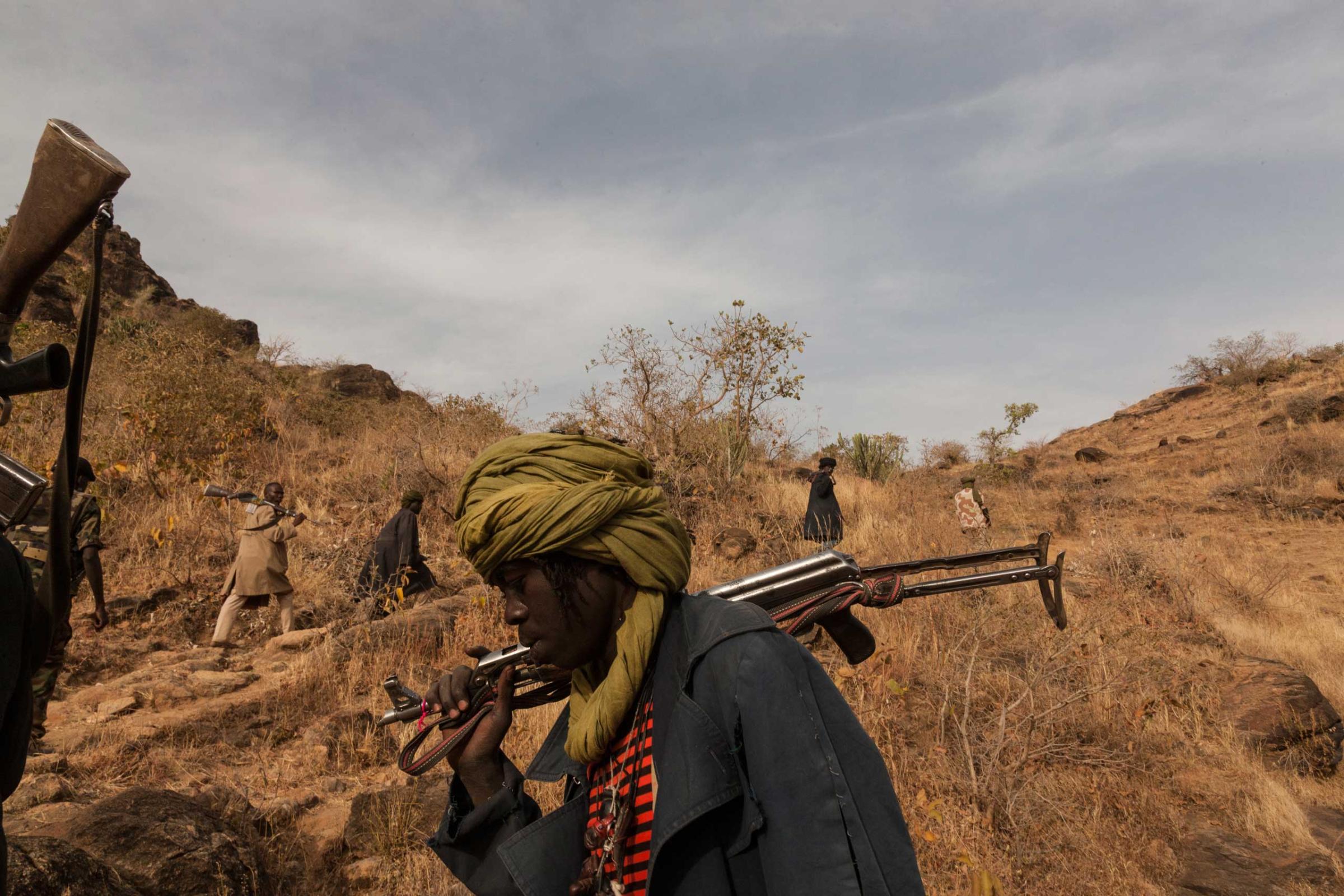

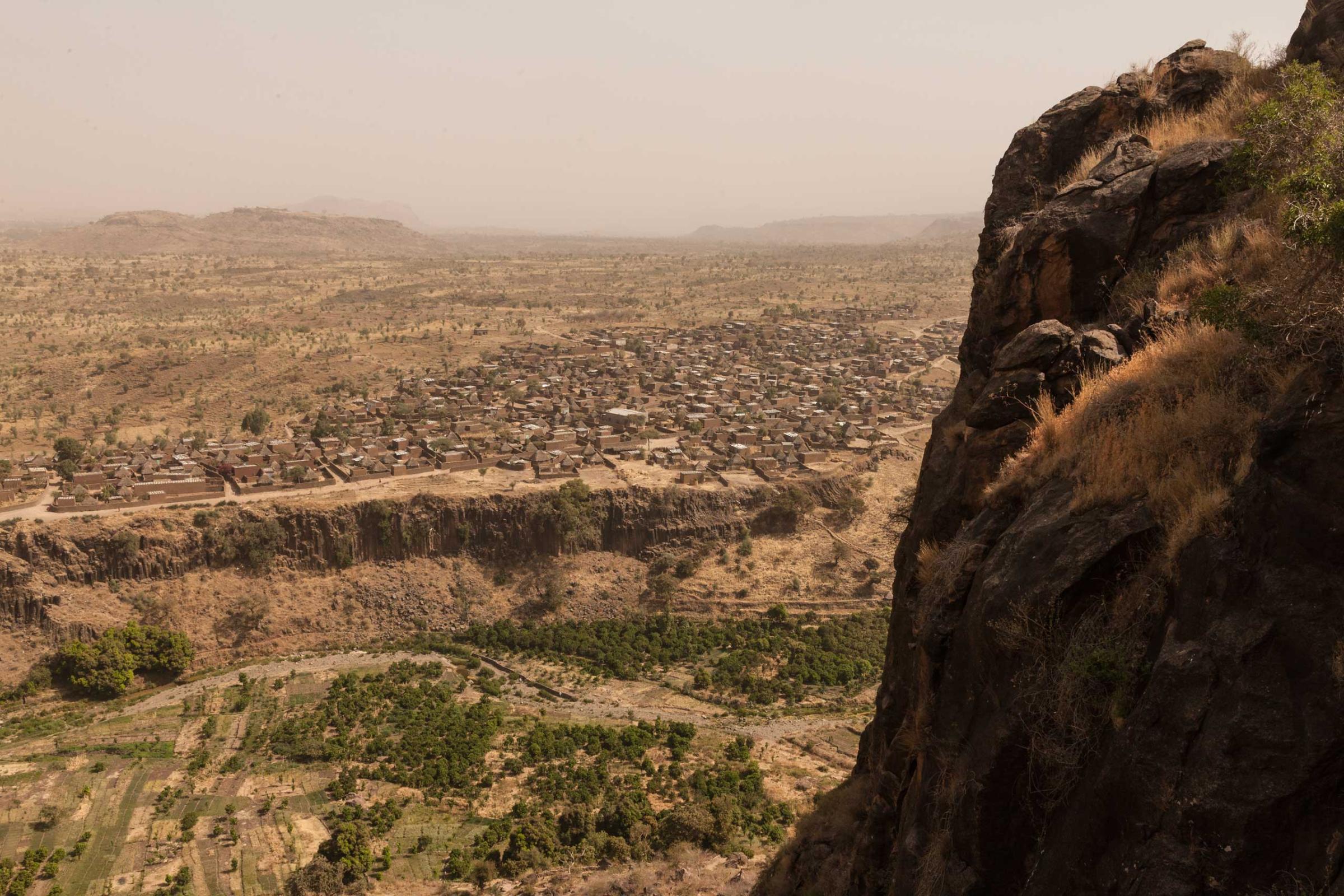
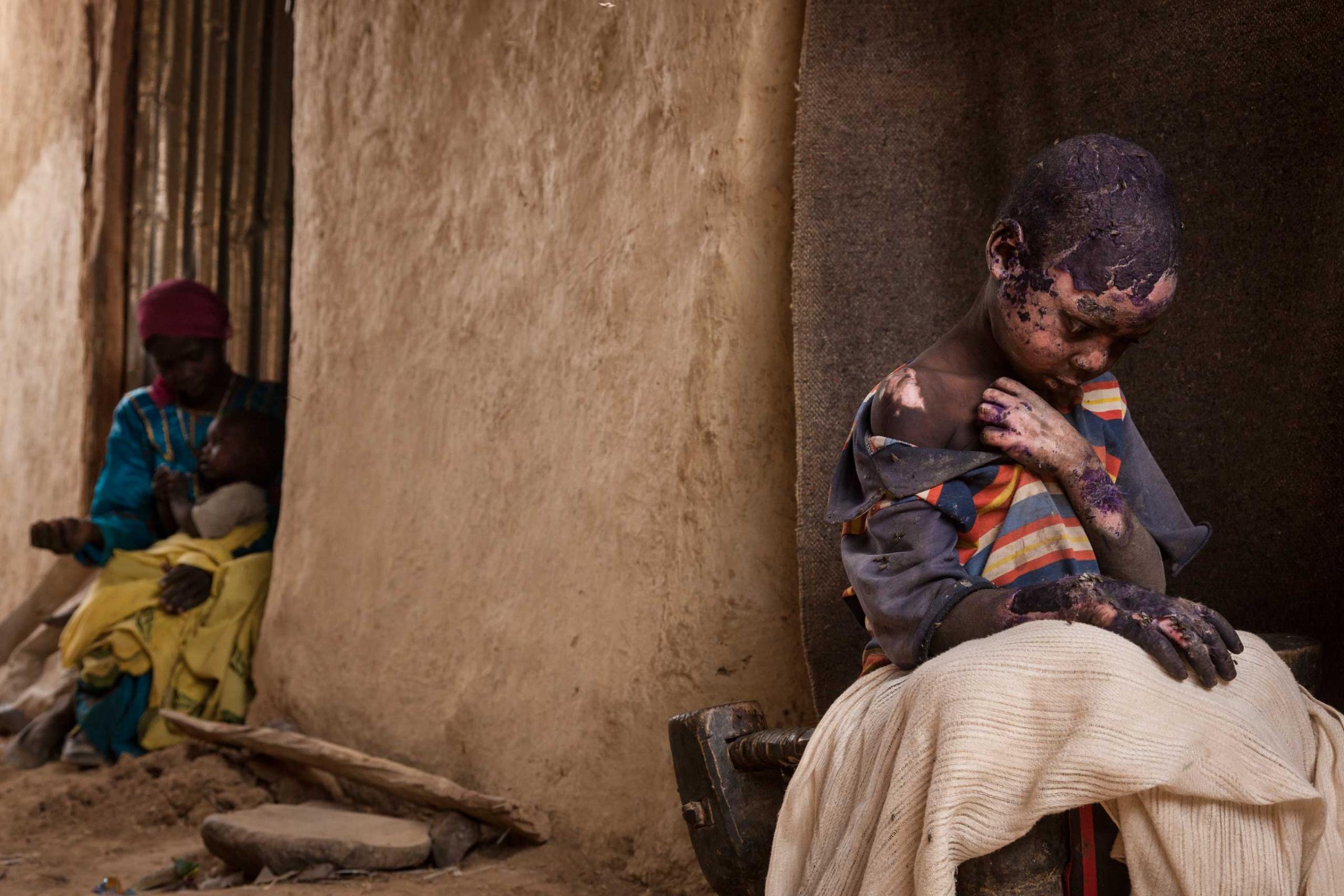
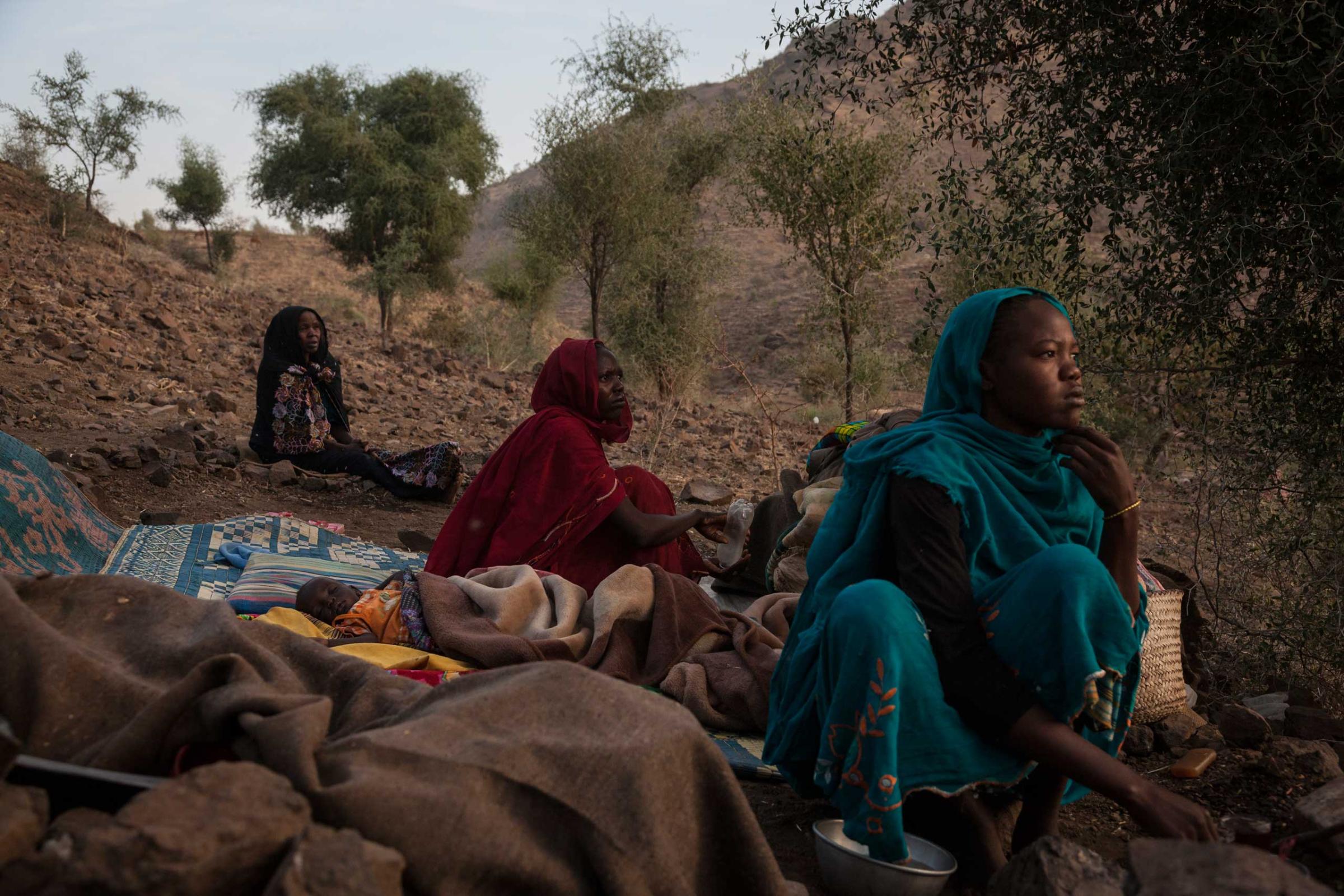
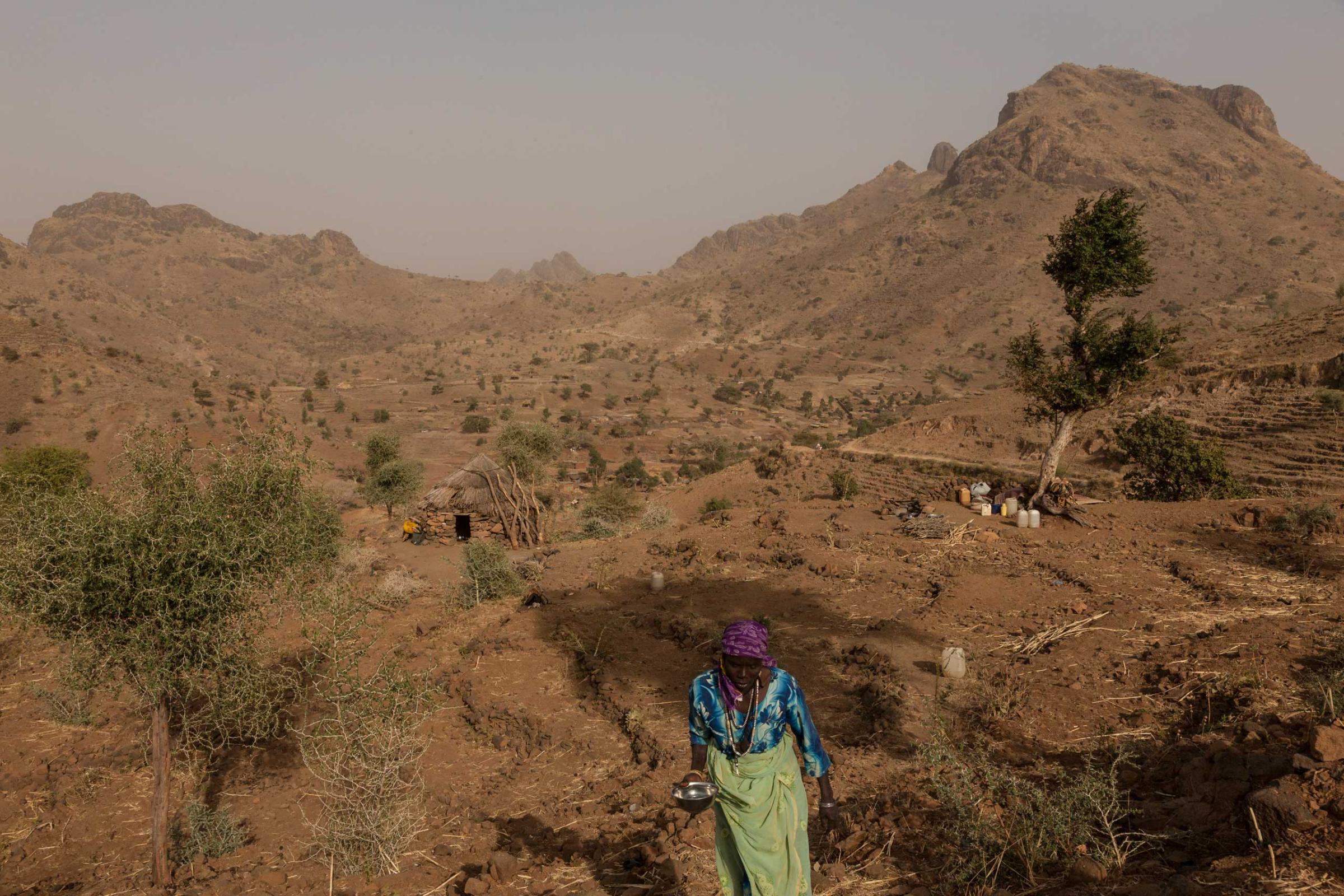
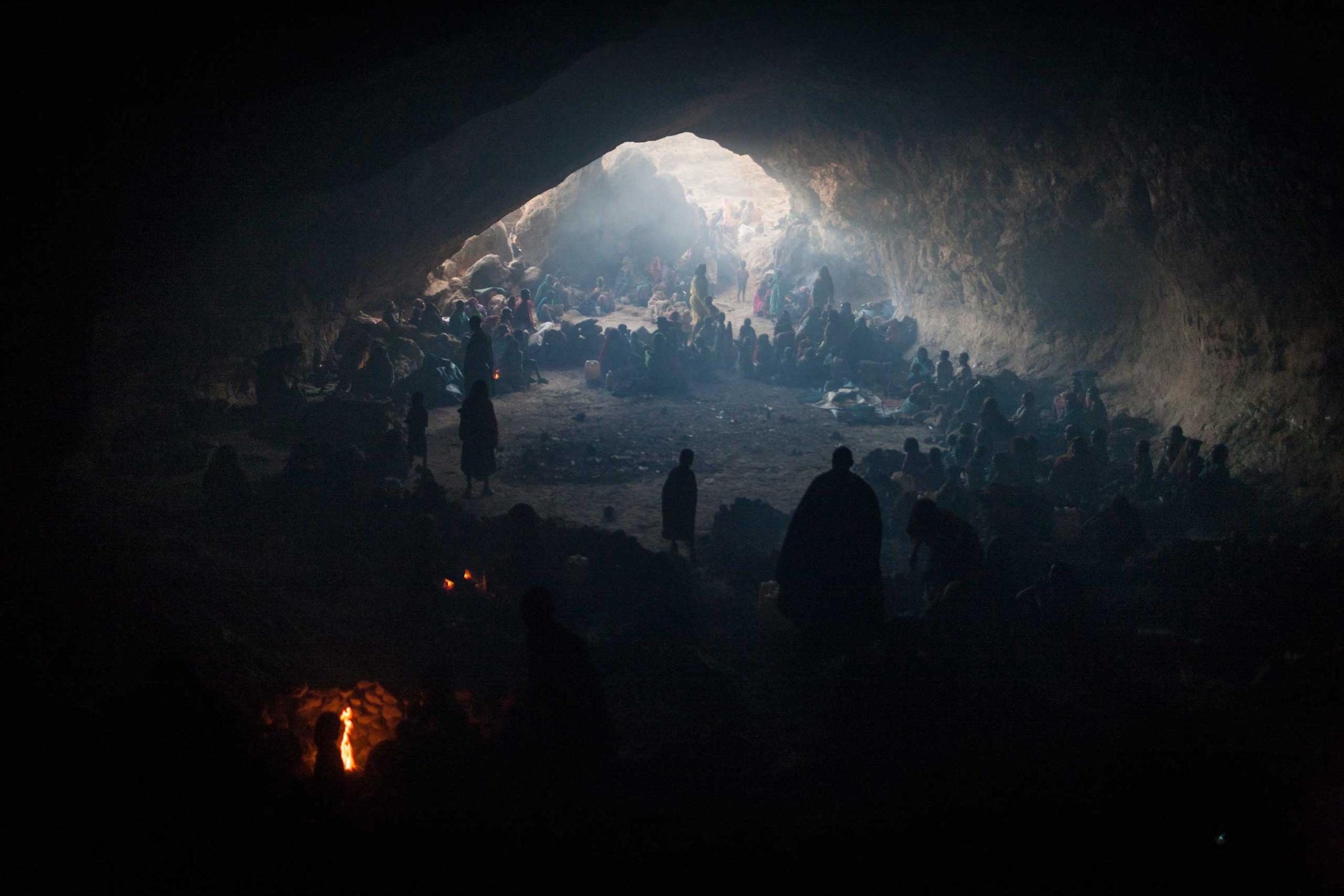
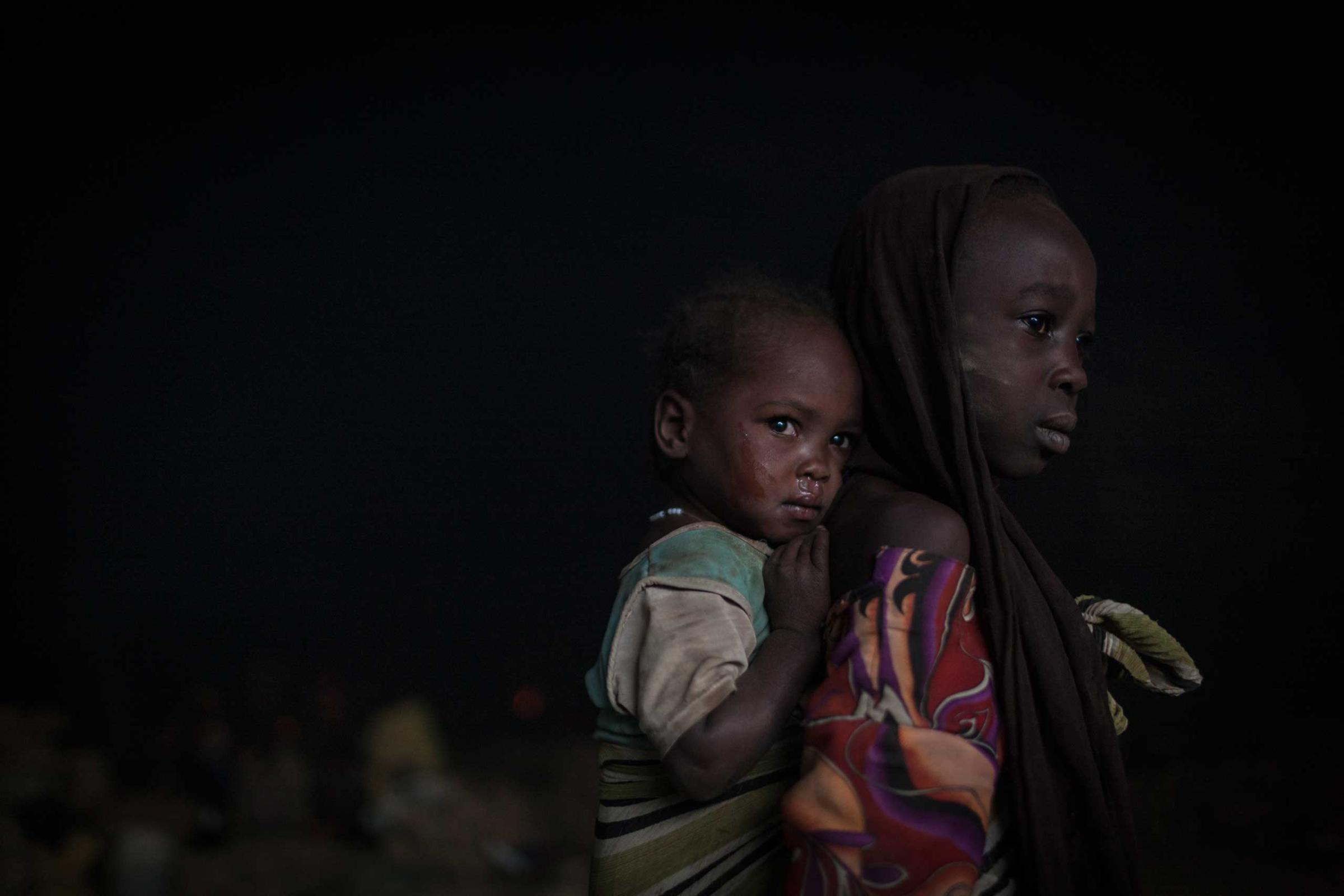
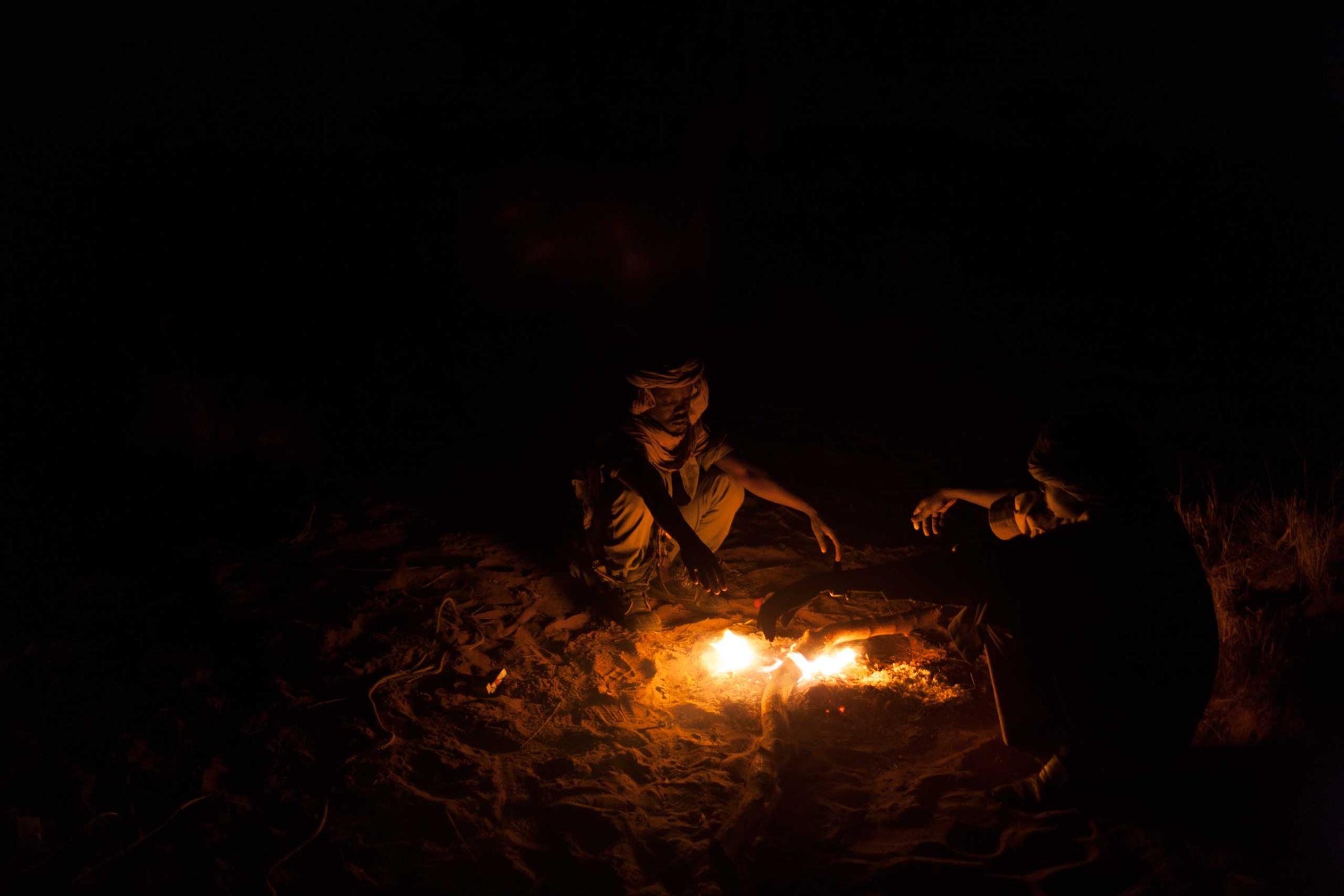

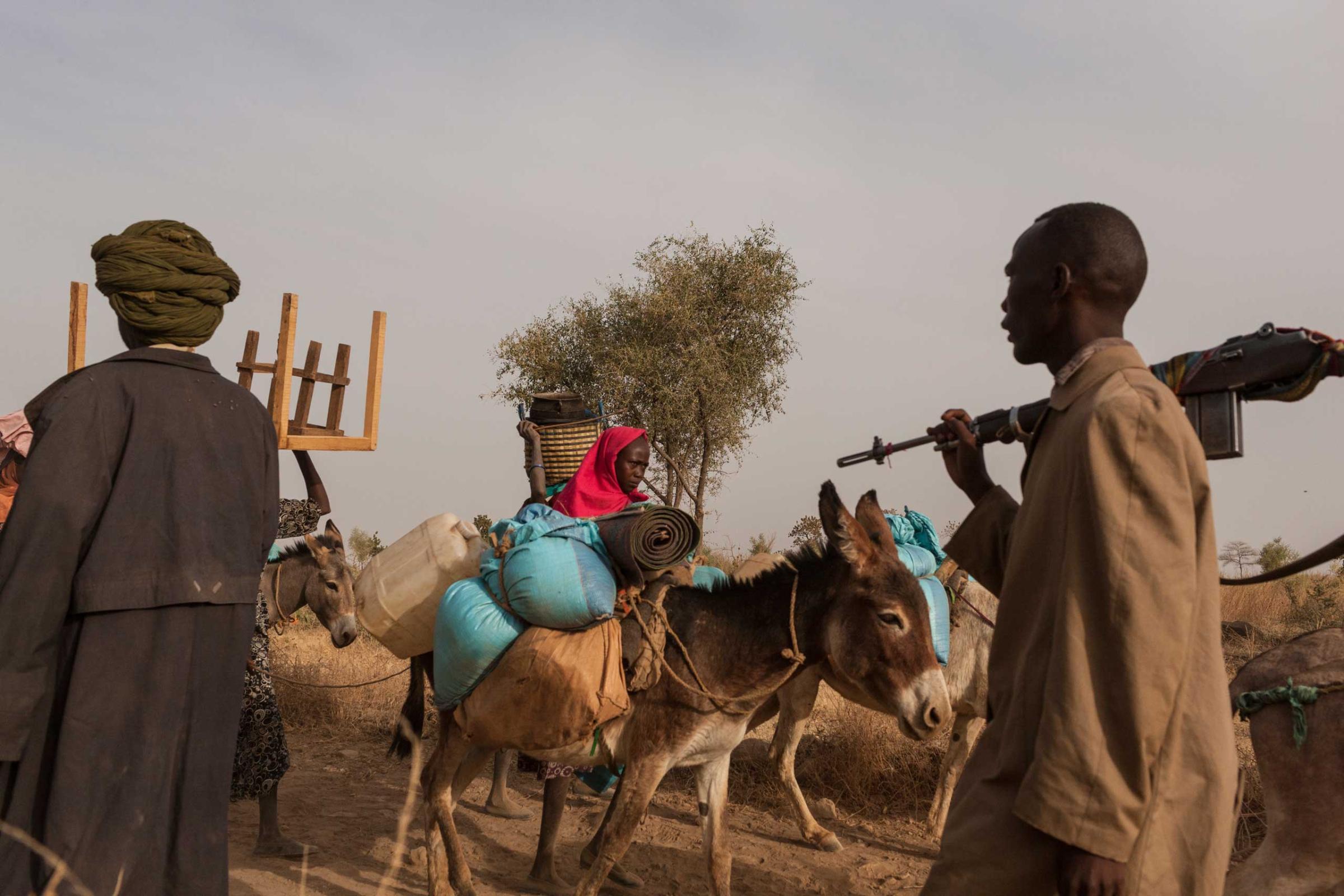
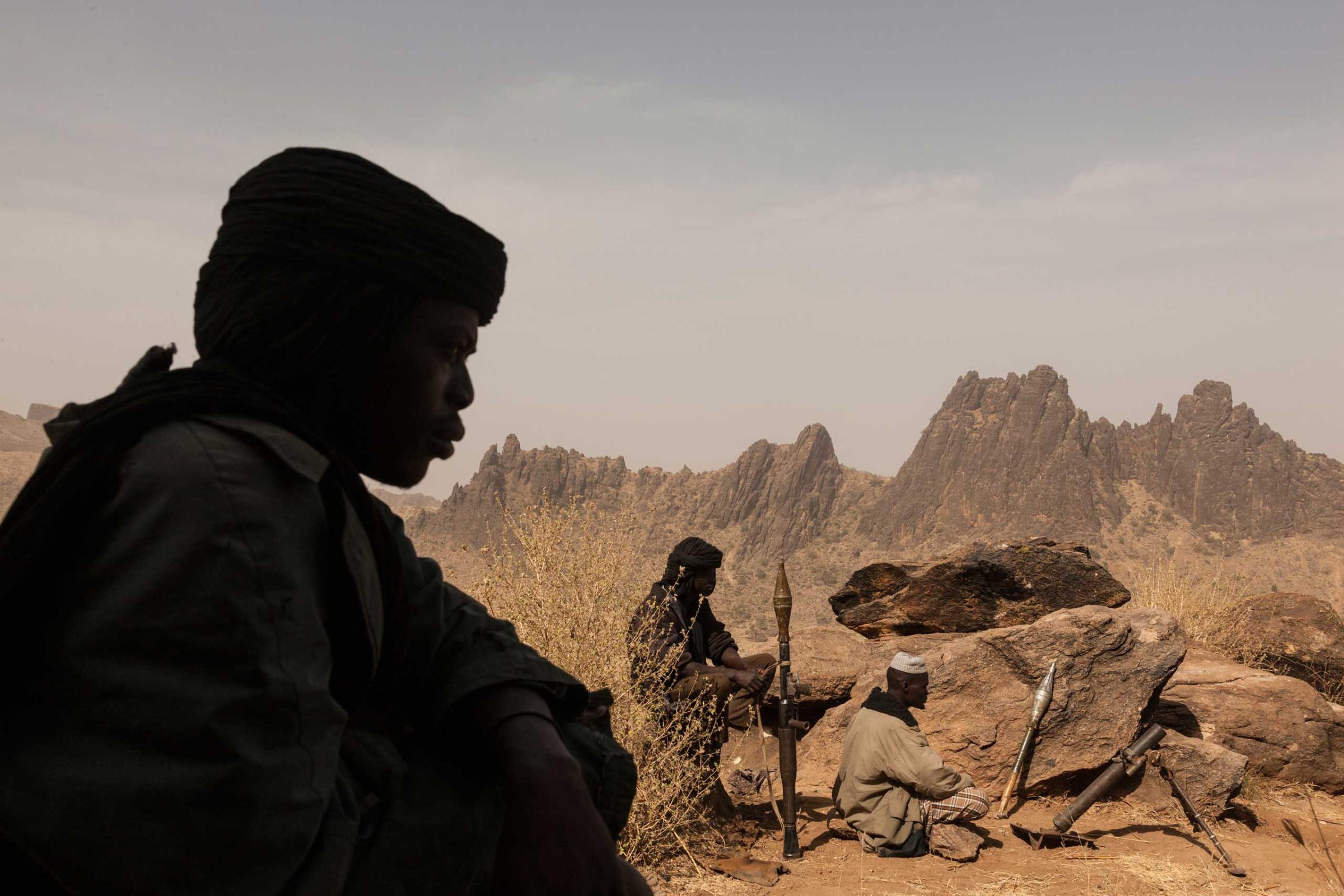
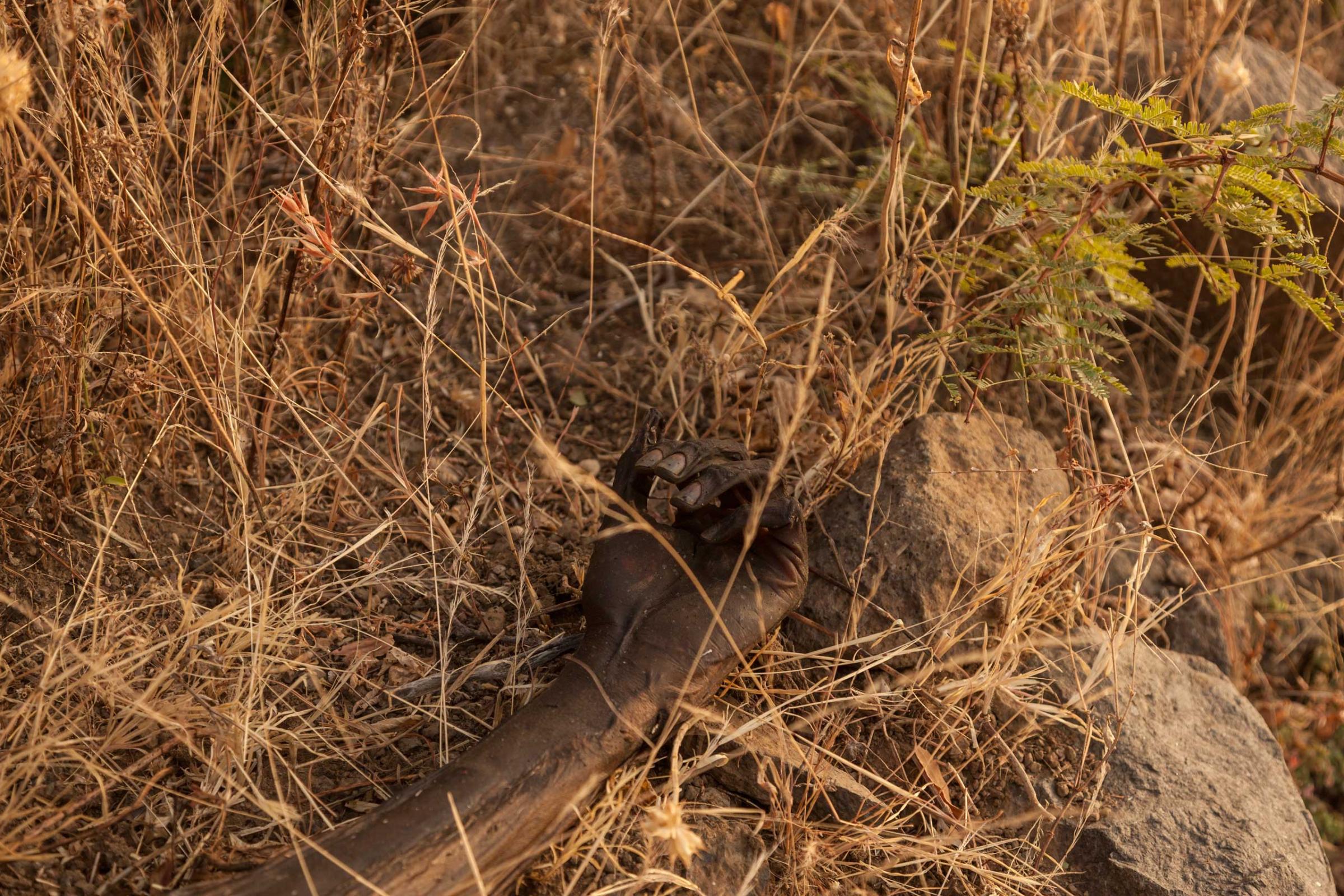
CNN spoke to some of the girls’ mothers and a classmate to confirm their identities. In the video, one young woman addresses the camera with what seems to be a prepared speech: “We are all well,” she says, emphasizing the “all” in an indication that the 15 may represent a larger group. She then goes on to urge the government to fulfill unspecified promises. Nigerian government spokesperson Lai Mohammed tells CNN that the government is reviewing the video, and that there are “ongoing talks,” but that he can’t disclose further details for fear of endangering the negotiations.
Early on Boko Haram leader Abubakar Shekau taunted the Nigerian government, and the world, with a video announcing that the mostly Christian Chibok students had converted to Islam and that they would be forcibly married off to Boko Haram militants. Other kidnapped women who have escaped from captivity recount harrowing tales of sexual servitude and repeated rapes.
Over the past year and a half, the Nigerian military has made considerable gains against the terror group, recapturing territory and freeing thousands of kidnapped women and children in the process. But those who have been rescued or who have managed to flee are not necessarily better off. They face severe discrimination at home or in the refugee camps, where they are derided as “Boko wives” and shunned as if they carry disease, according to a recent report by the UK-based peace building organization International Alert. Many escape pregnant, or carrying the young children of their rapists. Stigmatised by their communities, many have been forced into prostitution just to survive.
Read More: Female Sucide Bombers Kill 22 in Nigerian Market
Boko Haram is not alone when it comes to using captured women as sexual slaves or rewards for fighters. ISIS has created a whole industry out of rape and sexual servitude, complete with formal laws regulating the conditions under which a woman can be sold or used. Both are examples of how rape continues to be used as a war crime. Boko Haram’s particular focus on kidnapping women as a way to spread terror may be unprecedented, but it is just one more example of how women and girls have become pawns in their battle for notoriety.
More Must-Reads from TIME
- Donald Trump Is TIME's 2024 Person of the Year
- Why We Chose Trump as Person of the Year
- Is Intermittent Fasting Good or Bad for You?
- The 100 Must-Read Books of 2024
- The 20 Best Christmas TV Episodes
- Column: If Optimism Feels Ridiculous Now, Try Hope
- The Future of Climate Action Is Trade Policy
- Merle Bombardieri Is Helping People Make the Baby Decision
Contact us at letters@time.com